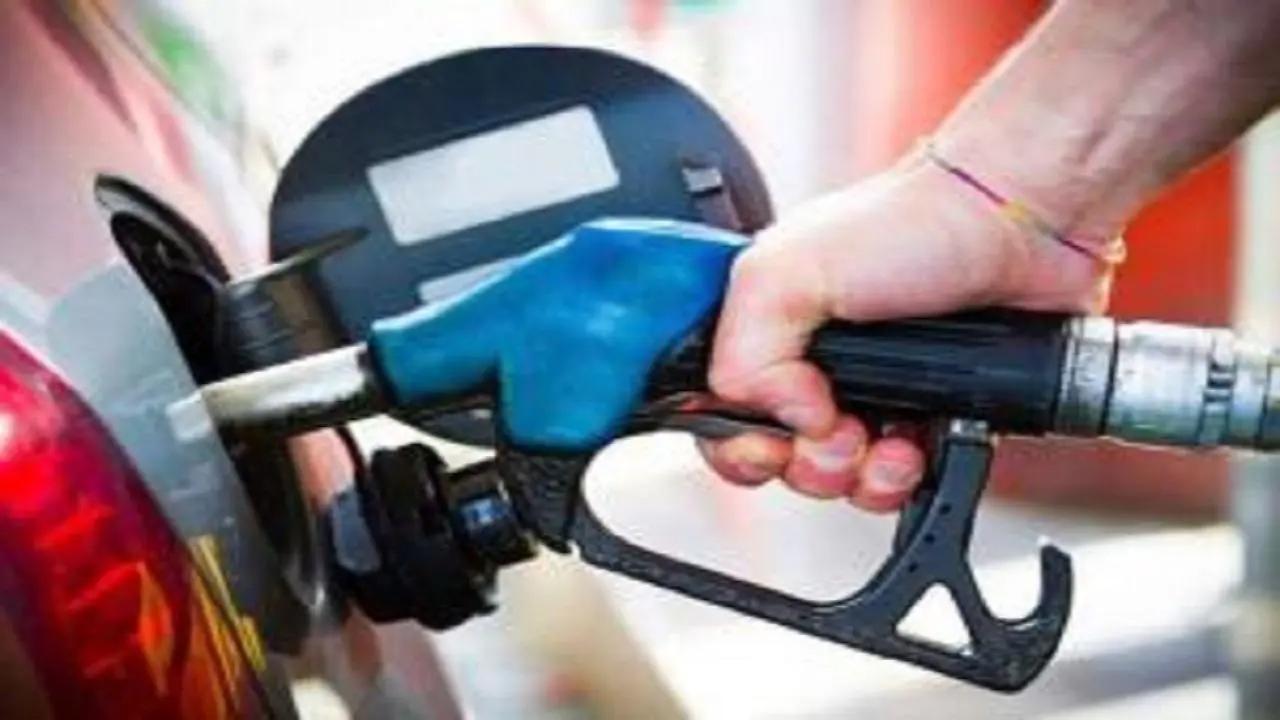Home / Mumbai / Mumbai News / Article /
Maharashtra State Road Transport Corporation to add 2,200 diesel buses to fleet
Updated On: 08 January, 2024 02:17 AM IST | Mumbai | Rajendra B. Aklekar
State transport operator’s move aimed towards regaining lost passengers and making up for losses it suffered during COVID-induced lockdown
Listen to this article :

Representational images. Pic/iStock
The Maharashtra State Road Transport Corporation (MSRTC), one of India’s biggest bus fleets with 17,000 buses, is buying more than 2,000 diesel buses to make up for its losses and regain passengers lost during the COVID-19-caused lockdown and the subsequent strike by its employees.
With the aim to make 33 per cent of its fleet electric, the MSRTC had earlier placed an order for over 5,150 e-buses. Now it has placed an order for 2,200 ready-built diesel buses complying with BS6 emission standards.



